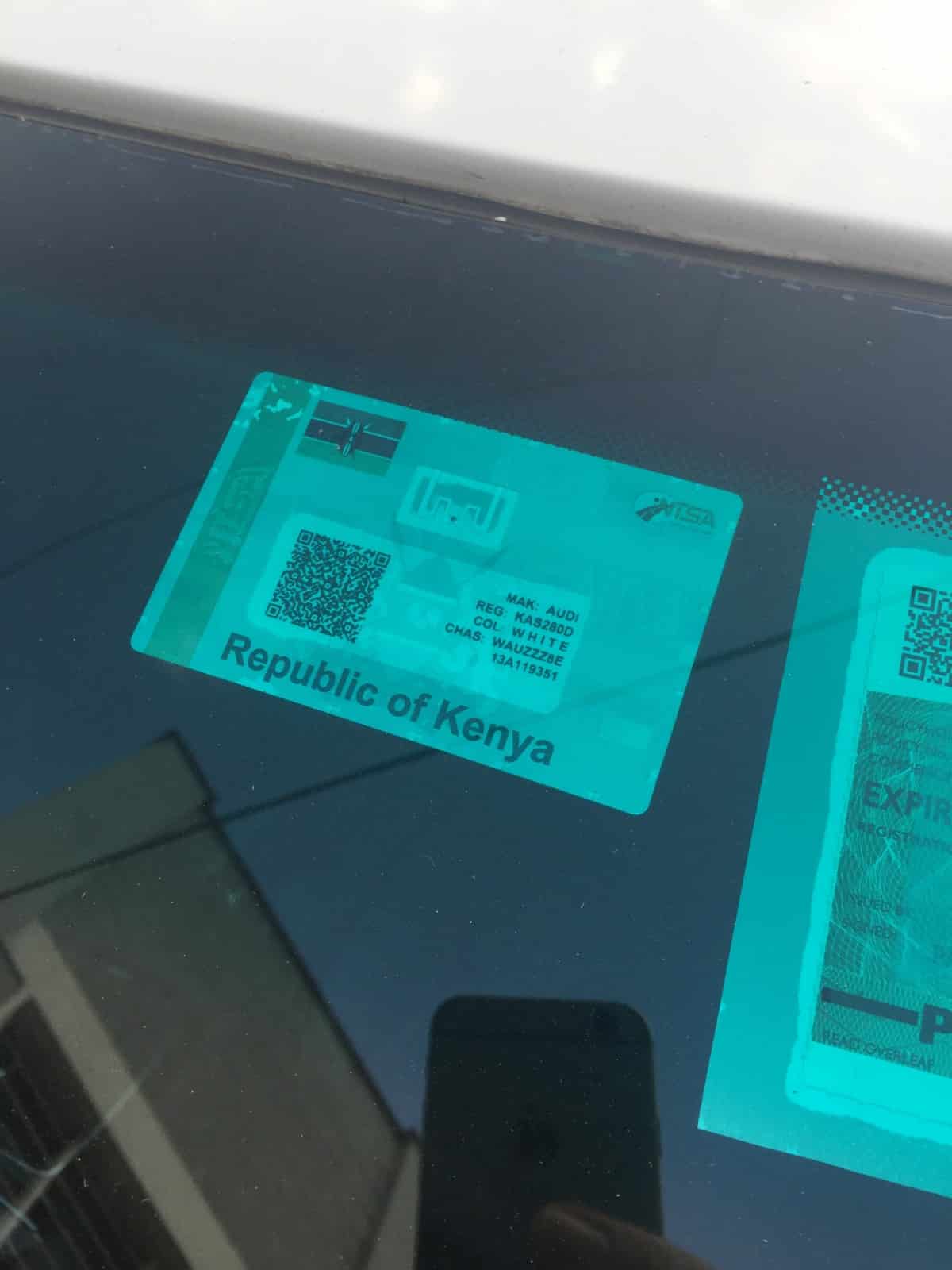New order from Nairobi: TÖNNJES continues to supply IDeSTIX to East Africa
- Kenya relies on German RFID technology to identify cars
- IDeSTIX as a “third license plate” on the vehicle
- Consumers can check vehicle features via smartphone
Nairobi/Delmenhorst, September 2022.
Kenya digitized the registration and identification of its vehicles back in 2016. Since then, all new cars and trucks have received an RFID sticker for the windshield when they are registered. The so-called IDeSTIX is produced by the German company TÖNNJES. The Kenyan National Transport & Safety Authority (NTSA) has now placed another order with the international market leader for vehicle identification: more IDeSTIX are to be delivered to the East African country by the end of 2023. In future, the stickers will also have a 2D code and a serial number.
Contactless identification and highly secure encryption technology
TÖNNJES products are used for Electronic Vehicle Identification, or EVI for short. “Kenya uses the IDeSTIX as a third license plate,” explains Managing Director Jochen Betz. The sticker contains a RAIN RFID chip on which a unique identification number is stored in multiple encrypted form. This can be assigned to the corresponding vehicle information in the NTSA database. Only authorized readers can decipher the number. “In this way, the police can immediately see whether the IDeSTIX details match the other license plates on the car,” says Betz.
More certainty in the used car trade
The RFID stickers, which are also used by the Philippines or the Saudi Arabian oil production company Saudi Aramco, are personalized and provided with a QR code when they are issued on site. If you have a smartphone at hand, you can scan it and view the characteristics such as license plate number, car color, make and model. “This makes it much more difficult to commit fraud, especially when selling used cars,” explains Jochen Betz. Simply removing the sticker to conceal a theft, for example, will not work as it will self-destruct when removed.
With the IDeSTIX, Kenya is only using part of the TÖNNJES portfolio. The EVI system includes the IDePLATE – an aluminum license plate with an integrated RAIN RFID chip – as well as mobile and stationary readers. The company’s hardware and software also enables a range of smart mobility applications such as contactless traffic management and parking systems. With its joint ventures, TÖNNJES operates in more than 50 locations and pursues the goal of giving every vehicle a unique identity in order to increase global road safety.

